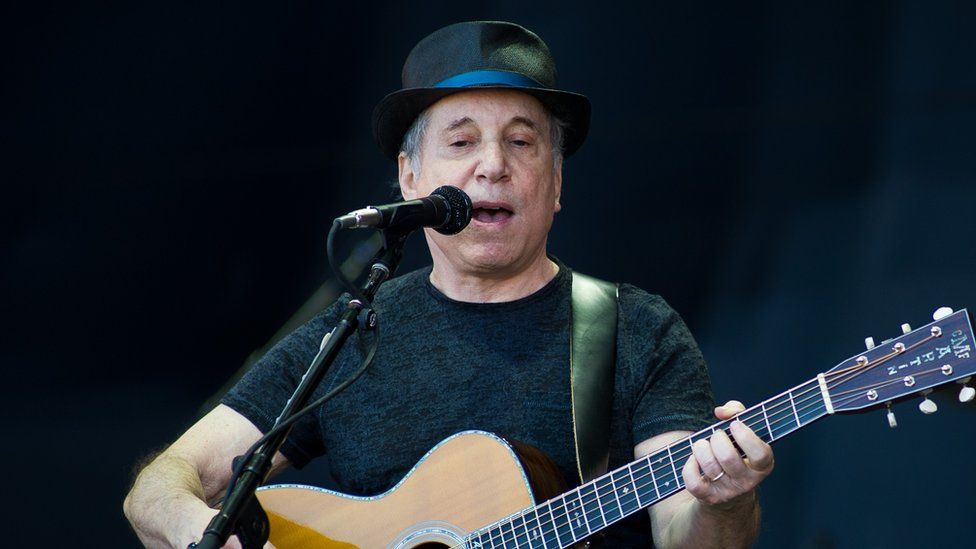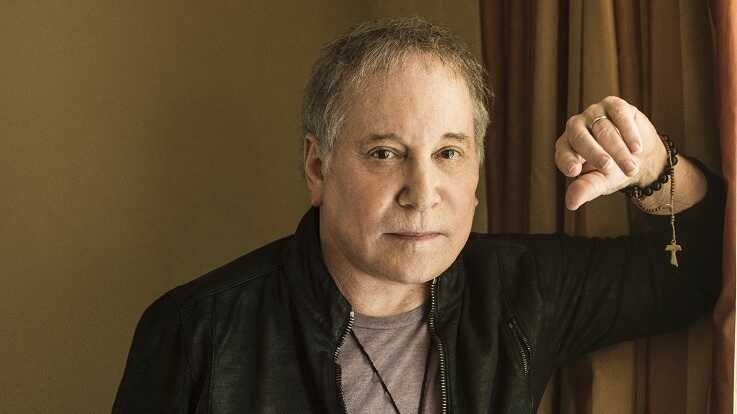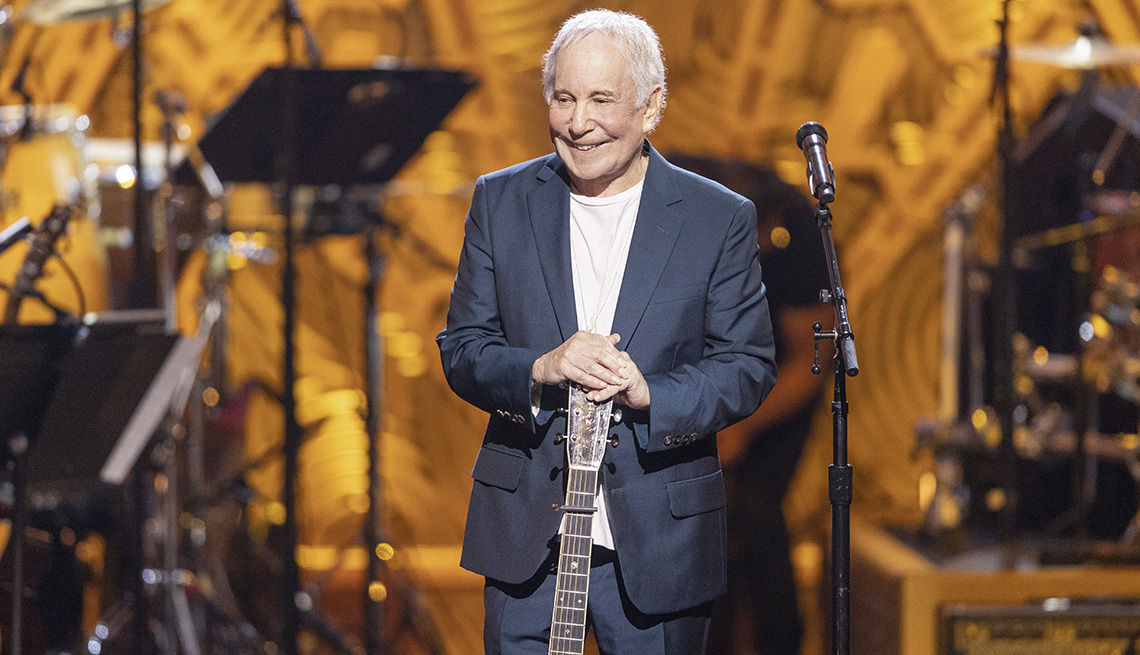Paul Simon, born on October 13, 1941, is an iconic American singer-songwriter and musician whose influence on the world of music spans decades. Renowned for his distinctive voice, poetic lyrics, and diverse musical style, Simon has left an indelible mark on the landscape of contemporary music. Simon’s musical journey began in the 1950s when he formed a duo with childhood friend Art Garfunkel.

Together, they achieved great success as “Simon & Garfunkel.” The duo’s harmonious blend of folk, rock, and pop elements captured the hearts of millions. Their breakthrough came with the album “Sounds of Silence” in 1966, featuring the title track that resonated with the social and political turbulence of the era. Simon & Garfunkel continued to produce timeless classics such as “Bridge Over Troubled Water,” “Mrs. Robinson,” and “The Boxer.”
Paul Simon Illness
There are currently no reports of Paul Simon having any health issues. Despite his age of 81, he appears to be in terrific health. There have been no public pronouncements about his health issues as of yet, and he has not canceled any scheduled performances or appearances. Paul Simon has previously spoken openly about his fight with depression, a mental health issue he has suffered. He has bravely discussed his troubles and how music has played a vital role in assisting him in navigating these difficulties.
Paul Simon claims that he suffered an unexpected hearing loss while recording his new album, making it improbable that he will ever tour or perform live again. The 81-year-old Rock and Roll Hall of Fame singer and co-founder of folk duet Simon & Garfunkel told the British daily The Times that his left ear’s hearing deteriorated when he was in the studio working on “Seven Psalms,” which was released on May 19. “No one has an explanation,” Simon added. “As a result, everything became more difficult.

My initial emotion was displeasure and annoyance—no quite fury, because I assumed it would pass and restore itself.” Simon, who last performed live in 2019 at San Francisco’s Outside Lands festival, also said that he just survived a severe attack of COVID-19, which has been associated with rapid irreversible hearing loss in some people. Many admirers appreciated Simon’s candor about his mental health because it not only shed light on his path but also raised awareness about the importance of mental health.
Although it is critical to be informed about public figures’ health, it is also critical to respect their privacy when it comes to personal health problems. Paul Simon’s timeless music continues to inspire audiences today, creating a lasting impression on the business and his committed fan base. As fans, we can continue to admire and celebrate his musical accomplishments while giving him the privacy he needs to navigate his personal life.
Paul Simon’s Solo Career
In the early 1970s, Simon embarked on a solo career, showcasing his versatility and musical innovation. His self-titled album, “Paul Simon” (1972), marked the beginning of a solo journey that would see him explore a diverse range of genres, including world music, rock, and folk. One of his most celebrated albums, “Graceland” (1986), incorporated South African rhythms and melodies, earning him critical acclaim and commercial success. The title track, along with hits like “You Can Call Me Al,” showcased Simon’s ability to blend global influences seamlessly.

Simon’s lyrical prowess is evident in his ability to craft poignant, introspective, and socially relevant songs. Whether exploring the human condition, relationships, or societal issues, his lyrics are characterized by a poetic depth that transcends the ordinary. The introspective nature of his songwriting reflects a keen observational skill, often drawing from personal experiences and societal observations. Beyond his success as a musician, Simon is also recognized for his collaborative spirit.
His partnerships with a diverse array of artists, including Art Garfunkel, Ladysmith Black Mambazo, and others, showcase his willingness to explore and blend musical traditions. This collaborative ethos extends to his work as a producer and advocate for global musical diversity.
Recipient Of Numerous Accolades
Throughout his career, Paul Simon has been the recipient of numerous accolades, including multiple Grammy Awards. In 2001, he was honored with a Grammy Lifetime Achievement Award, recognizing his enduring impact on the music industry. His induction into the Rock and Roll Hall of Fame, both as a member of Simon & Garfunkel and as a solo artist, further cements his status as a musical luminary.

In addition to his musical contributions, Simon has engaged in philanthropy and social activism. His commitment to causes such as environmental conservation and music education reflects a desire to use his influence for positive change.
Summary
As a singer, songwriter, and musical innovator, Paul Simon’s legacy is etched in the annals of music history. His ability to seamlessly blend genres, craft poignant lyrics, and adapt to the evolving musical landscape has solidified his place as one of the greatest musical minds of the 20th and 21st centuries. Paul Simon’s enduring impact on the world of music continues to resonate, and his influence on future generations of artists is immeasurable.
Related Stories:
- Terry Venables Illness: Battle With Arthritis And Death After Long Illness At The Age Of 80
- Lucy Meacock Illness: Recent Health Updates And Medical Conditions Of Famous British TV Presenter In 2023